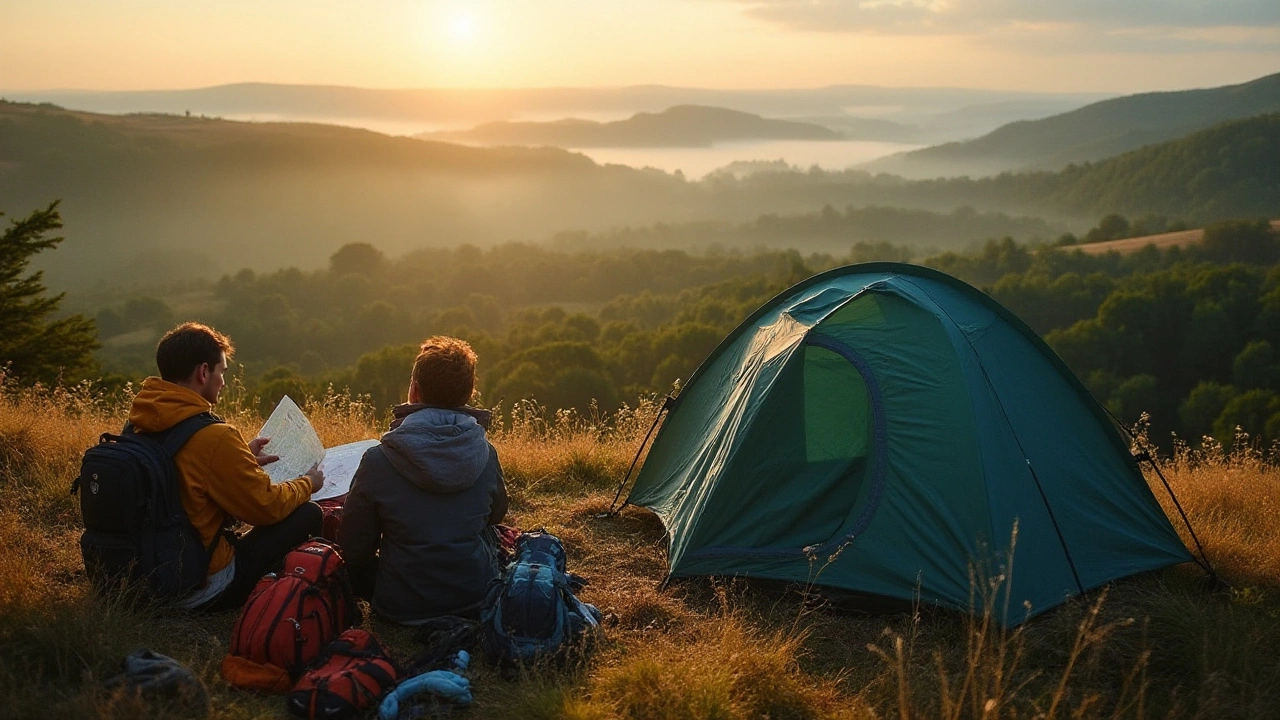England Camping: Your Practical Guide to Camping Across England
If you’re thinking about pitching a tent or rolling out a motorhome somewhere in England, you’ve come to the right place. England offers rolling hills, historic ruins, coastal cliffs and forests that are perfect for a weekend escape or a long‑term adventure. The good news? You don’t need a PhD in outdoor law to have a great time – just a few simple rules, the right gear, and a solid plan.
Legal Basics and Where You Can Camp
The first thing most people ask is: Can I just camp anywhere? In England, wild camping is technically not legal without landowner permission, but there are some loopholes and respectable spots where you can stay discreetly. The “right to roam” applies mainly to Scotland, so in England you’ll want to focus on designated campsites, public lands that allow overnight stays, or land that is clearly marked as “permissive”. National parks often have official campgrounds, and many Forestry Commission woods let you set up a tent for a night if you ask the ranger.
For motorhome travellers, the rules are a bit friendlier. You can usually park overnight on many lay‑bys, service stations and some public car parks, as long as you’re not causing a disturbance. Just remember to check local signs – a no‑sleeping sign means you need to move on. If you’re unsure, the motorhome laws UK article on our blog breaks down seat‑belt rules, toilet usage while driving, and other safety tips.
Essential Gear and Planning Tips
Gear can make or break your trip, especially if you want to stay warm when the temperature drops. A portable power station is a game‑changer – it lets you charge phones, run a small fridge or keep lights on without a generator. Our guide on “Is a Portable Power Station Worth It?” walks you through sizing, cost and when you actually need one.
When it comes to choosing a campsite, think about what you enjoy. If you love forests, look for sites near Sherwood Forest or the Lake District fringe – just remember the 2‑2‑2 rule (two people, two tents, two nights) that many local sites use to keep the environment safe. For a splash of luxury, glamping sites give you a proper bed, hot shower and sometimes even a chef‑prepared meal.
Budget‑wise, England can be pricey in the summer, but there are tricks to save. Book early, use the “golden rule of camping” – arrive early in the morning to snag last‑minute spots – and keep an eye on discount periods. Our post on “Cheapest States to Buy a Motorhome” isn’t about England, but the budgeting mindset applies: compare weekly hire rates, watch for hidden fees and always read the fine print.
Safety is simple: never leave food out, store rubbish securely, and respect fire bans. If you’re heading into a forest, check our “What Not to Do in a Forest” guide for a quick checklist on fire safety, wildlife etiquette and campsite cleanliness.
Finally, remember that camping is about freedom. Whether you’re pulling up at a seaside campsite in Cornwall or setting up a tarp under the stars in the Peak District, the experience is yours. Pack light, stay aware of the rules, and enjoy the stunning English countryside without a hitch.
